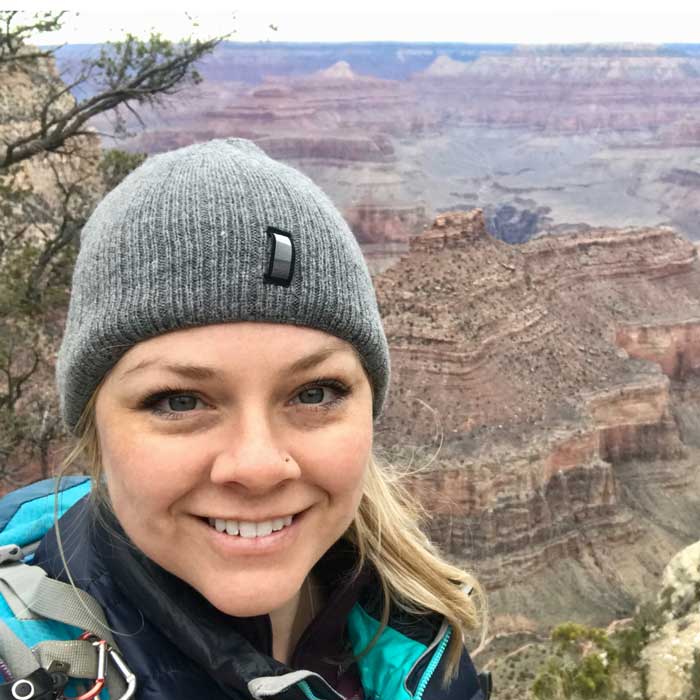Michelle Gevedon, assistant professor of geology, was recently awarded a $94,017 grant by the National Science Foundation as part of her research project on rodingites in New Zealand.
A portion of the grant will fund stipends for Colorado College students to conduct summer research projects over the next three years, using samples brought back from New Zealand. While the students haven’t been selected yet, they will be rising or future geology majors who are interested in plate tectonic research and geochemistry.
The students will assist with investigating rodingites, a type of metasomatic rock, and its associated serpentinization of the Dun Mountain Ophiolite Belt in New Zealand. Serpentinization is the alteration of oceanic crust via fluid circulation.
"Serpentinization of the ocean crust is an important and widespread geochemical process that greatly influences the global elemental cycling of hydrogen, carbon and sulfur – meaning it plays roles in present-day plate tectonics, and in climate change, and is also thought to have influenced the evolution of life. But, the rates and processes that control serpentinization have been notoriously challenging for geologists to constrain,” says Gevedon. “Our research uses rodingites, which are garnet-rich rocks that form in close concert with serpentinites, to better understand the conditions, timing, and rates of serpentinization, and in turn better understand the control of serpentinization on various global cycles."
“Each of these students will get to conduct geochemical analyses including U-Pb dating and measuring oxygen isotope ratios in the mineral garnet during visits to our collaborators' labs at the University of Texas at Austin,” says Gevedon. “It will be fun!”
The project is part of a $640,803 collaborative grant with the University of Texas at Austin and University of South Carolina, and is entitled, “Rodingites as Recorders of Tectonic Processes from the Seafloor to Convergence: A case study of the Dun Mountain Ophiolite Belt.”






